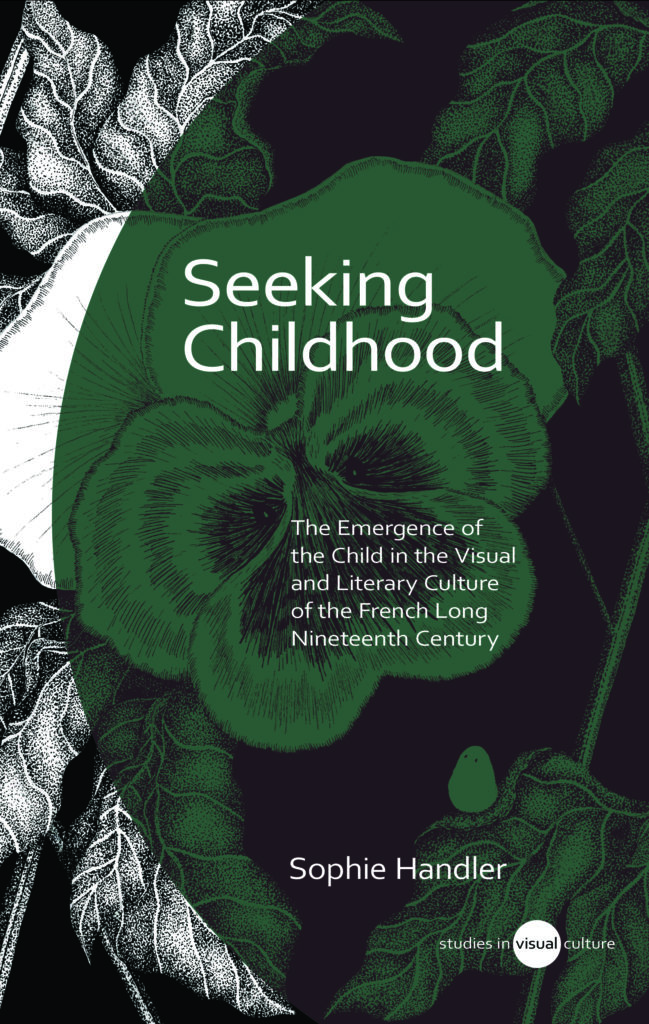
Sophie Handler introduces her monograph Seeking Childhood: The Emergence of the Child in the Visual and Literary Culture of the French Long Nineteenth Century.
To think of this book, as I often do, as an adaptation or outgrowth of my doctoral thesis, doesn’t actually tell the full story. It is perhaps in the first instance woven from my own experiences and perceptions of childhood, from the vestiges of bedtime storybooks, paint set doodles, and teddy bear companionship. But it is more specifically something which emerged from recurrent ponderings over the course of my time as an undergraduate and postgraduate student, when studying varying combinations of French, English Literature, and Art History enticed me into the rich entanglement of fin-de-siecle culture. As a child who had always found the Victorians the most appealing of all the History topics at school, it was hardly surprising that I became firmly attached to the era as an academic, and in the case of this book, within the context of France. It quickly became apparent to me the more I explored this period that it was a perfect crossroads in history, society and culture, trapping its people in a conundrum of loyalty to tradition and captivation by modernity.
Concurrently reading Marcel Proust’s In Search of Lost Time and poring over Odilon Redon’s lithograph noirs as an undergraduate, I found myself struck by the similarities between these two creatives, between their responses to challenges which were at once acutely personal yet spoke with such resonance to the travails of their time. Especially interesting to me was the striking significance of childhood and being a child for both of these individuals, a similarity which proved a recurring theme amongst creatives within a period preoccupied with nostalgia, introspection and notions of identity. It is from this that a fascination with understanding the relationship between childhood and cultural histories both personal and collective was born.
As such, Seeking Childhood unpacks and unravels the visual and literary culture of changing perceptions of children and childhood in the French long nineteenth century. Curious to understand what had led to this cultural fixation with childhood by the end of the nineteenth century, this book charts the developmental period from the Enlightenment acknowledgment of childhood to this point. Through a series of visual and literary case studies, the book looks to demonstrate how artists and writers reflected variously on childhood as representative of both ‘Self’ and ‘Other’, and in so doing, seeks to consider the implications for art, society and individual life both then and indeed now. Childhood is liminal, finite and enduring all at once (we were all children once and not anymore, but also always remain a child relationally) and so beyond its historical context, Seeking Childhood is a book which, I think, offers resonance to us all in some way.
Sophie Handler is Lecturer of Art and Design History at Liverpool Hope University, and a teacher of humanities and social sciences. She is an art historian specialising in the relationship between visual and literary cultures and socio-cultural experiences and identities of children.


